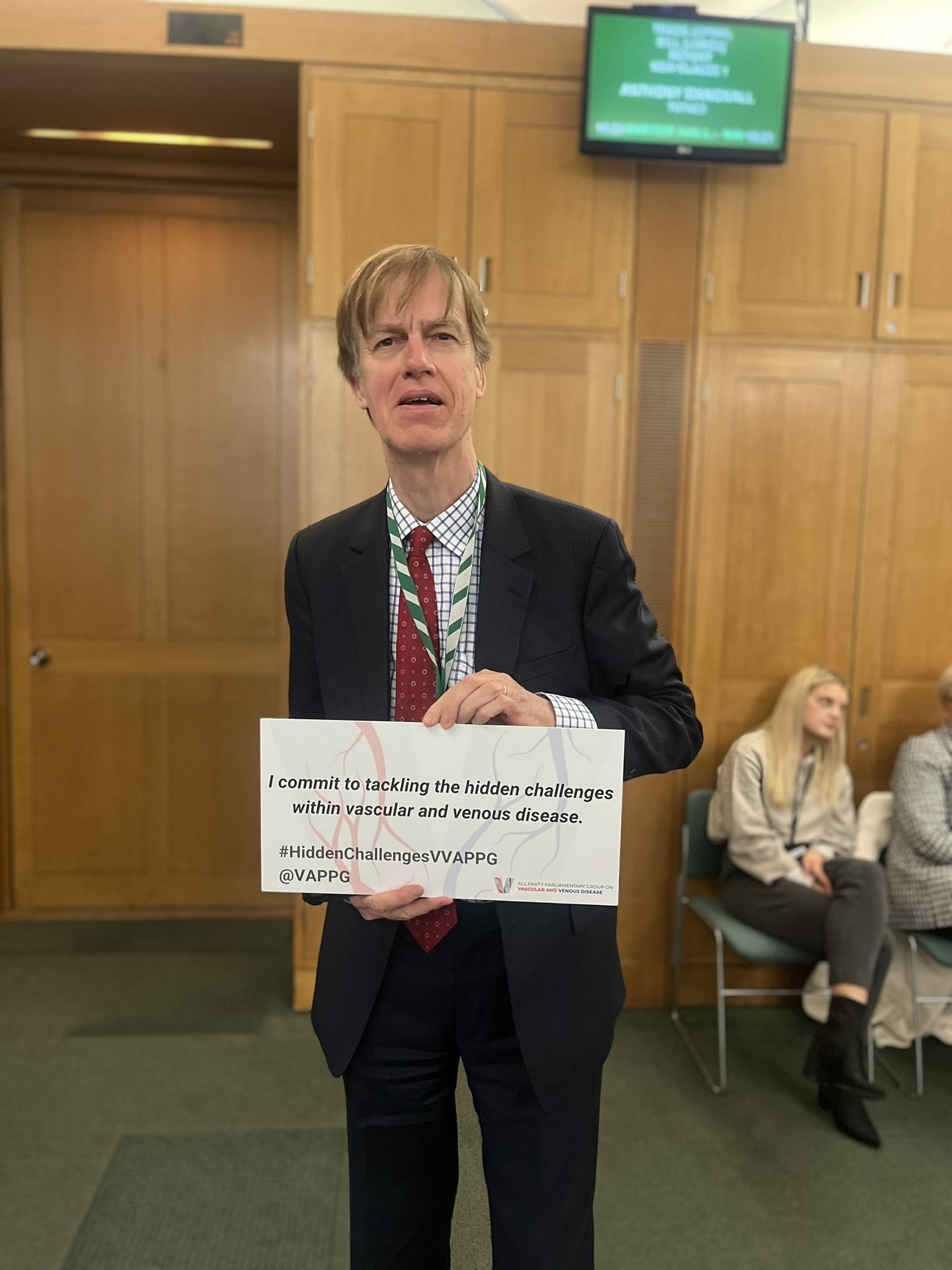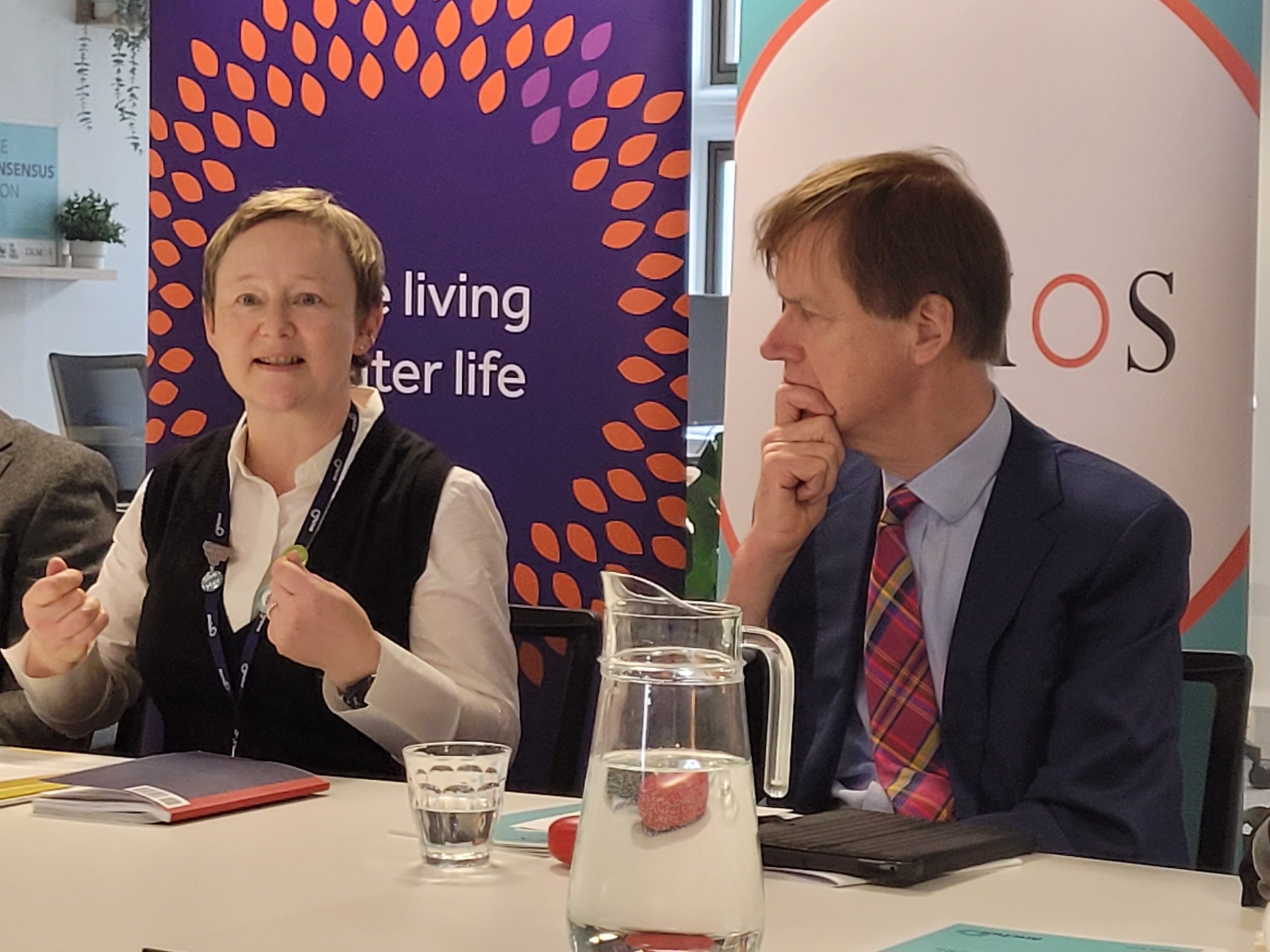On Monday, Stephen spoke in a debate about Carer’s Allowance in Parliament, urging the Government to reform it.
On Monday 22 April, MPs debated e-petition 640062 that calls for Carer’s Allowance to be increased to match the earnings of someone working 35 hours per week at the minimum wage. The petition received 13,914 signatures. Stephen spoke in the debate.
Stephen noted that the Work and Pensions Select Committee, which he chairs, called for an overhaul of carer’s allowance as far back as 2008. He noted that his committee is still waiting for the Government to release a report on Carer’s Allowance that it promised in 2019.
Stephen urged the Government to consider increasing Carer’s Allowance, pointing out that it is £10 per week less than Jobseeker’s Allowance. He also argued that the earnings limit - which prevents anyone earning more than £151 from receiving Carer’s Allowance - prevents many carers from working.
“For the best part of two decades now the Work and Pensions Committee and its predecessors have been calling on the Government to reform carer’s allowance,” Stephen said. “Challenges raised in [the 2008] report remain unaddressed 16 years later.”
Carer’s allowance is a benefit given by the Government to people unable to work due to caring responsibilities. People who care for someone for at least 35 hours per week can receive £81.90 per week.











